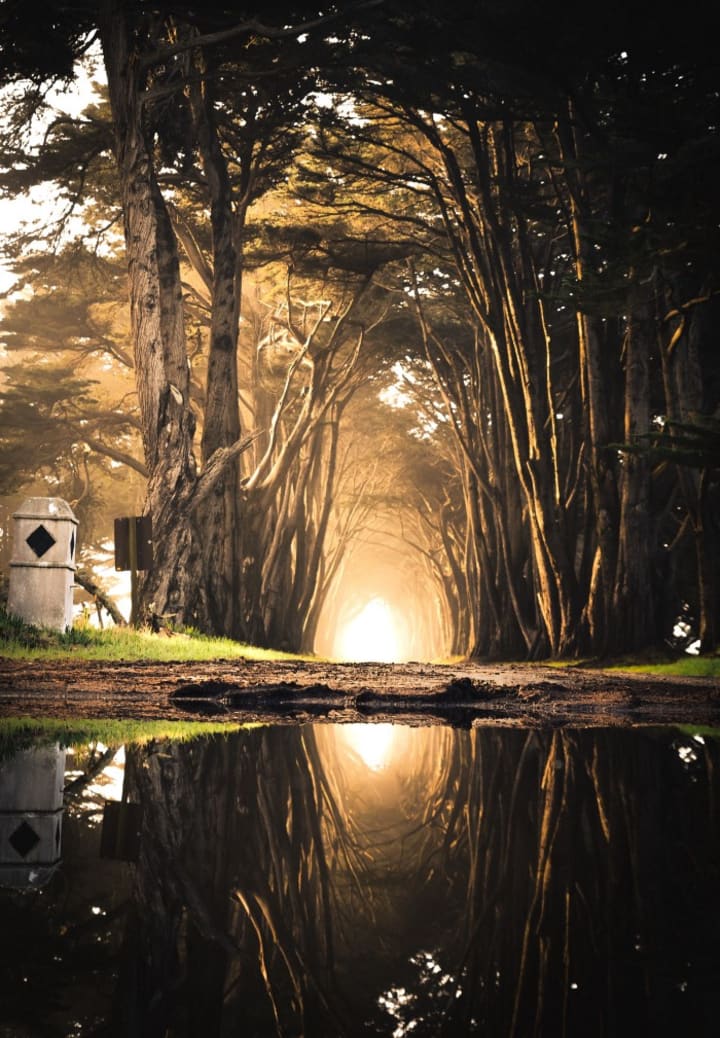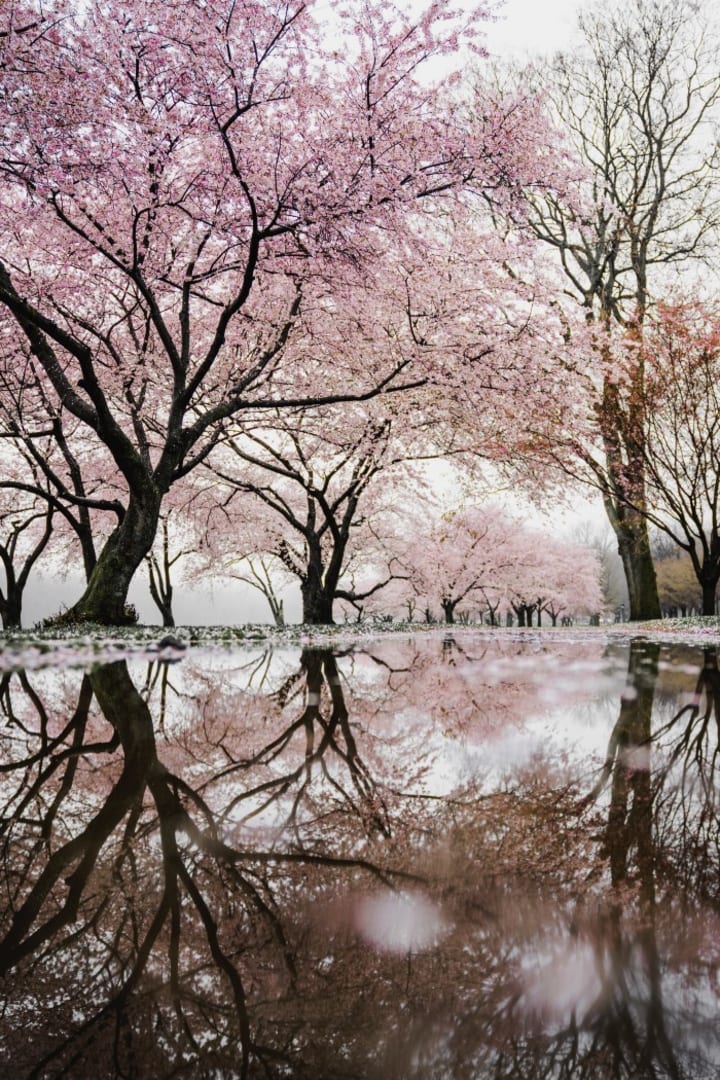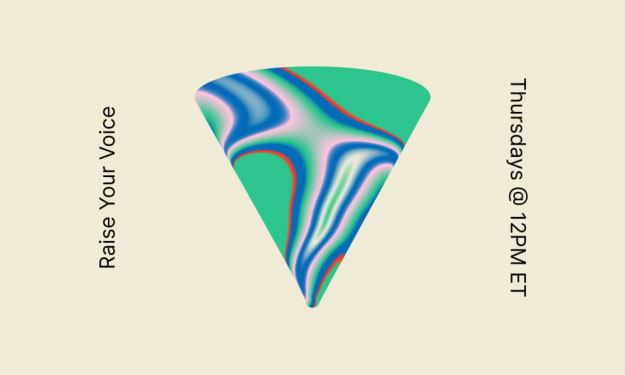How to Find Your Inspiration?
We are missing a user's manual

What is your creative process? How do you find inspiration for writing in the first place? Is it just about your routine? If you find one that suits you and follow it, will you get the inspiration you need to write the article you wanted? I am afraid it is not that simple.
Hint: Inspiration comes from the “outside”, not from within.
Never liked artists very much
The artists always got on my nerves. I would be the first one to say they are full of BS! Here is the cliché you could hear from them: “I am not the creator. I am just the channel through which the universe/higher consciousness expresses itself. That is why most people don’t understand me or my art.’’ This sounds like a typical, pretentious artistic crap, right?
I have to admit that, over the years, I have changed my mind about some things that artists like to talk about. In particular, about the inspiration part.
Why? When I sit down to write something, I come up with a topic and usually a headline. Then I wait for an hour or two and come up with- absolutely nothing. I have some undefined feeling, a vague image in my head, but there are no sentences or even words. Complete blank. I can almost hear my brain grinding to create something and nothing happens. It is like that scene from The Simpsons, when a legendary character Dr. Nick Riviera presents his new product “Juice Loosener”: “You got all that from one bag of oranges?”
That scene is hilarious, but it is not very funny when you try really hard at something and the result is (almost) nothing.

When inspiration hits!
"Inspiration may be a form of super-consciousness, or perhaps of subconsciousness — I wouldn’t know. But I am sure it is the antithesis of self-consciousness." (Aaron Copland)
So a few hours or days later, while you are thinking about something different, all of a sudden it happens! A flood of words, sentences, paragraphs and images rushes into your consciousness. You are so overwhelmed that you run immediately to find a pencil, phone, whatever, so you can record at least the majority of that creative outburst. To be quite honest, I never get to record more than 75–80% of that moment. There is always some idea or a picture that is lost. Sometimes I remember it months later, when the article is long since published or when it doesn’t matter anymore. But I never get it all.
"The inspired moment may sometimes be described as a kind of hallucinatory state of mind: one half of the personality emotes and dictates while the other half listens and notates. The half that listens had better look the other way, had better simulate a half attention only, for the half that dictates is easily disgruntled and avenges itself for too close inspection by fading entirely away." (Aaron Copland)
When that flood of ideas starts, you know it is something different than your everyday thought process. It is not about the way you think, or how high your IQ is. It is an almost euphoric feeling of rush of ideas and lines that you have been looking for. It is as if somebody downloaded on your hard drive the whole story you wanted to write. Now, you feel like Neo in “Matrix”, with a strange look on your face, saying: “I know Kung-fu!” Pretty strange, yet awesome at the same time.

My angle
Let me be perfectly honest — I am biased on this topic. Why, you might ask? Because I am a philosopher by education and an esoteric by conviction. I believe we live in a wondrous, mysterious universe. The inspiration comes from the cosmic consciousness, information field, source field, whatever you want to call it. I wish it was only us and our talent, our genius, but it is not. I am sorry. It is rather our “tuning in” with the cosmic vibration of the idea we were occupied with. Then when we get tuned in, a flash of inspiration strikes on that particular frequency.
The origin of the word inspiration also points us in this direction. It is derived from Latin inspirare, which means “to breathe or blow into”. It is also connected to the spirit, as it has the same root. Therefore, something is breathed into us, some new, creative idea is inserted into our spirit.
So yes, artists are right. We are only the receivers of that “download”. It sounds a lot like the famous biblical quote: “Ask and it shall be given to you.”
Blueprint
Here is how the blueprint of this creative process looks like from my perspective:
1. Think about something you want to write — find a topic.
2. Rationally, you can make a potential structure of the article and maybe a few sentences. But that is only the skeleton. You are missing the core.
3. You can try for hours to come up with something but it’s not happening. You need to be in the right mood for the inspiration to hit. This is the irrational, or mystical part if you will.
4. When the inspiration comes, write as much as you can, as fast as you can. You will not get it all, but even half of it will do.
5. Then you can do the editing and polishing part.
Final thought
Routines cannot create inspirational floods. They are necessary in a sense that you have to do your part.
"No inspiration comes from nowhere. No invention is based on nothing. You always need to be tuned up and be ready to start receiving the energy you look for." (Nikolay Semyonov)
You need your routines to facilitate the process in a way that you can get in tune with the inspirational vibe faster and more easily. You have to show up every day, do the work and wait for that wonderful moment to come. But you cannot force it, rush it or will it rationally into existence (I tried that method many times in my life: it doesn’t work!).
So, maybe those artists from the first paragraph are not so full of it, after all??
About the Creator
Nikola Ojdanic
Philosopher, Writer, Teacher. Into Self-Improvement on all levels: spiritual, mental, physical. Carpe Diem!






Comments
There are no comments for this story
Be the first to respond and start the conversation.